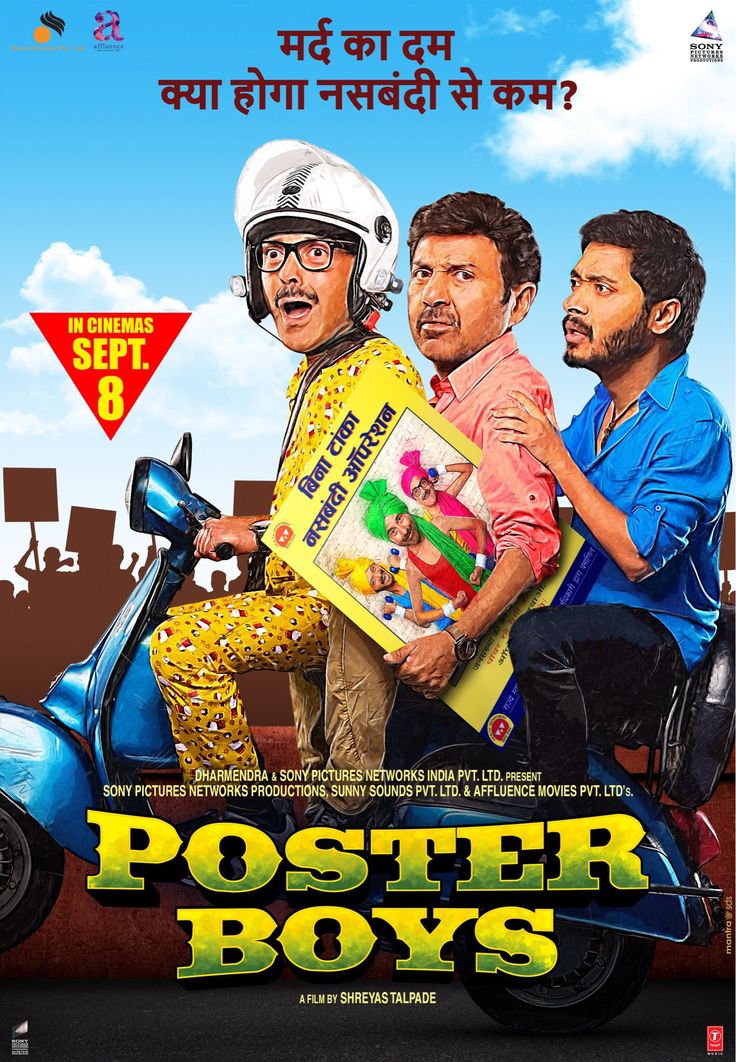The digital revolution has reshaped nearly every facet of our lives, and the world of gaming is certainly no exception. What were once cherished pastimes played in physical spaces, from local card rooms to grand casinos, have now seamlessly migrated to the online realm, attracting a new generation of players while retaining the loyalty of veterans. This transformation isn’t merely about convenience; it’s a fundamental reinvention of how we interact with, experience, and even perceive traditional games. From the cultural phenomenon of teen patti to the timeless allure of the roulette game, and the expansive universe of live casino experiences, the digital footprint of these games is not just deep, but continuously evolving, driven by technological innovation and an ever-growing player base.
The journey of traditional card games onto digital platforms is perhaps best exemplified by Teen Patti tpmaster. Deeply embedded in the cultural fabric of South Asia, particularly during festive seasons, Teen Patti is more than just a game; it’s a social ritual. Traditionally played with a standard 52-card deck, the objective is to have the best three-card hand based on a specific ranking system, similar to poker. Understanding the teen patti sequence is crucial for any player, as the hierarchy dictates the strength of one’s hand: a Trail (three of a kind) is the highest, followed by Pure Sequence (straight flush), Sequence (straight), Color (flush), Pair, and finally High Card. The thrill of betting, bluffing, and revealing one’s hand around a physical table has been a source of entertainment for generations. However, the advent of the teen patti app has democratized this experience, bringing it from private gatherings into the palms of millions globally. These applications replicate the core gameplay, allowing players to join virtual tables with friends or strangers, often featuring intuitive interfaces, in-game chat, and various stakes. The convenience of being able to play anytime, anywhere, has fueled its explosive growth, transforming it from a seasonal pastime into a daily engagement for many. Beyond simple replication, these apps have introduced variations, tournaments, and social functionalities that enhance the traditional experience, proving that digital adaptation can not only preserve but also invigorate a beloved game. The security of transactions and the integrity of the game’s randomness are paramount for players, and reputable teen patti apps employ advanced encryption and certified Random Number Generators (RNGs) to ensure fairness and trustworthiness, critical components in building player confidence in the digital space.
Similarly, the iconic roulette game, with its captivating spinning wheel and myriad betting options, has undergone a profound digital metamorphosis. Originating in 18th-century France, roulette has long been a symbol of casino glamour, drawing players with its simple premise and the tantalizing prospect of a big win. Whether it’s European Roulette with its single zero or American Roulette featuring both a single and double zero, the fundamental mechanics remain the same: predict where the ball will land after the wheel stops spinning. The shift to online platforms initially saw the introduction of digital roulette games powered by RNGs. While these offered convenience and rapid gameplay, some players missed the tactile sensation of the wheel, the anticipation of the ball’s bounce, and the interaction with a live dealer. This perceived gap in authenticity paved the way for one of the most significant innovations in online gaming: the live casino.
The live casino experience bridges this very gap, offering an unparalleled level of immersion and authenticity that static online games simply cannot match. A live casino, or livecasino as it’s often spelled, is essentially a real-time stream of a professional dealer operating a physical roulette wheel, card table, or game show set from a dedicated studio. Players participate by placing bets through a user-friendly digital interface, and the action unfolds live before their eyes. High-definition cameras capture every angle, while Optical Character Recognition (OCR) technology translates the physical outcomes (like the number the ball lands on in roulette or the cards dealt in blackjack) into digital data, allowing the software to immediately credit winners. This technological marvel brings the genuine casino atmosphere directly to the player’s device, eliminating concerns about the fairness of RNGs by allowing players to witness the game’s integrity firsthand. The appeal of live casino extends beyond just roulette; it encompasses a vast array of table games, from blackjack and baccarat to various poker variants. The human element, the social interaction through live chat with dealers and other players, and the high production quality make live casino a dominant force in the online gaming landscape, offering an experience that is both authentic and engaging.
While live casino primarily focuses on traditional table games with a human dealer, the broader online gaming ecosystem also includes an immense variety of all slot games. These digital slot machines, ranging from classic three-reel designs to elaborate video slots with intricate themes, bonus rounds, and progressive jackpots, represent a different facet of online casino entertainment. Unlike live dealer games, slots are entirely software-driven, relying on complex algorithms and RNGs to determine outcomes. Their popularity stems from their simplicity, diverse themes, and the potential for substantial payouts from small stakes. However, the innovative spirit of the live casino industry didn’t stop at replicating classic table games. It began to merge the interactive, dealer-led format with the entertainment value of game shows, creating entirely new categories of live experiences.
This evolution is perfectly embodied by games like Monopoly Big Baller. This innovative live casino game show takes the beloved board game, Monopoly, and blends it with a bingo-style lottery draw and the immersive live dealer format. Hosted by an energetic presenter in a richly themed studio, Monopoly Big Baller sees players betting on cards that resemble bingo tickets, each containing numbers. Balls are drawn from a machine, and if they match numbers on a player’s card, those numbers are marked off. The goal is to complete lines for payouts, but the real excitement lies in the bonus rounds. Players can bet on “Chance” or “3 Rolls/5 Rolls” bonus segments, which, if activated, transport them to a virtual 3D Monopoly board. Here, the presenter rolls virtual dice, and players move around the board, collecting multipliers and prizes based on the properties landed on, just like in the classic board game. This fusion of familiar IP, live interaction, high production values, and the thrill of a lottery draw creates an experience that is both nostalgic and cutting-edge. Monopoly Big Baller exemplifies how live casino is pushing boundaries, reinventing not just traditional casino games, but also classic board games, offering a highly engaging and entertaining alternative to traditional slots or table games.
The continued rise of these digital gaming platforms also brings into focus crucial aspects of responsible gaming. While accessibility and convenience are major boons, ensuring player safety through features like self-exclusion, deposit limits, and readily available support for problem gambling is paramount. Reputable online casinos and app developers are increasingly integrating these tools, recognizing their ethical responsibility to foster a safe gaming environment. The global reach of these platforms also means that games like Teen Patti, once confined to specific regions, are now accessible worldwide, fostering a cross-cultural exchange of gaming traditions.
Looking ahead, the digital footprint of traditional games is only set to expand further. The integration of virtual reality (VR) and augmented reality (AR) promises an even more immersive live casino experience, potentially allowing players to “walk” into a virtual casino or interact with game elements in their own living rooms. Enhanced artificial intelligence could personalize gaming experiences, while blockchain technology might offer even greater transparency and security for transactions and game outcomes. The fundamental appeal of games like Teen Patti and roulette remains their blend of skill, chance, and social interaction. What the digital age has done is remove the physical barriers, allowing these games to be enjoyed by a wider audience, in more diverse formats, and with unprecedented levels of immersion and innovation.
In conclusion, the journey of traditional games like Teen Patti and the roulette game into the digital realm is a testament to the enduring human desire for play and entertainment. From the strategic nuances of the teen patti sequence played on a teen patti app, to the captivating spin of the roulette game in a live casino setting, these games have not merely been translated online; they have been profoundly reinvented. The livecasino phenomenon, with its cutting-edge technology and human touch, along with innovative game shows like Monopoly Big Baller, showcases a dynamic industry that continually seeks to enhance player experience. By blending the authenticity of physical gameplay with the convenience and innovation of digital platforms, these games are not just surviving; they are thriving, tracing an ever-expanding digital footprint that promises an exciting future for gaming enthusiasts worldwide.






